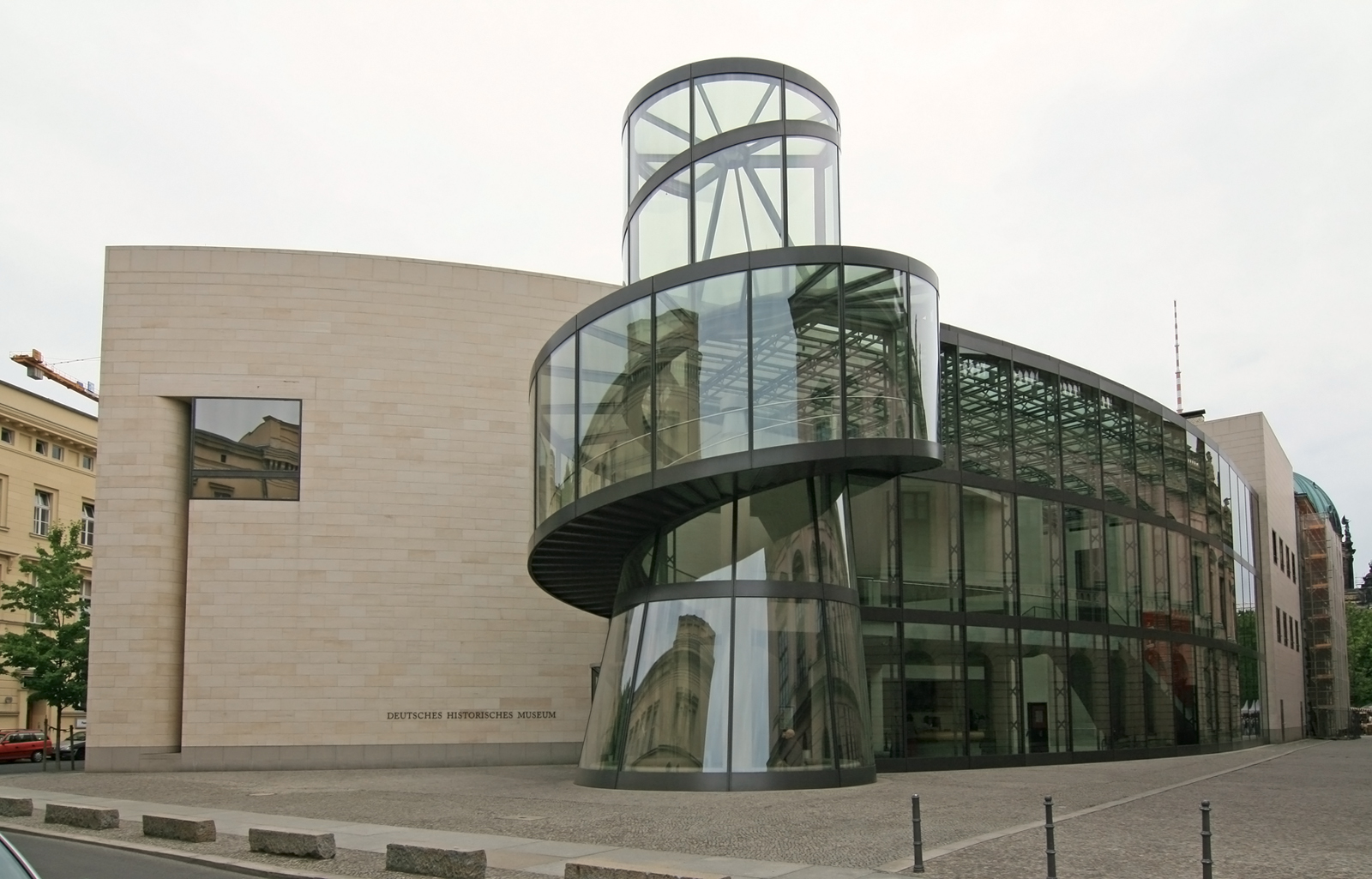
In the centenary year of the outbreak of the First World War, Germany has opened an exhibition at its German History Museum in Berlin in dedication to the momentous event, but observers and military enthusiasts have noticed that one key event in particular is missing. At Christmas-time in 1914, a truce was called between British and German soldiers who emerged from their trenches into No-Man’s Land to exchange gifts of cigars, plum pudding, chocolate and brandy. They mingled amongst each other and played football. It would become one of the most historic events of the First World War.
However, the exhibition at the German History Museum makes no mention of this, and instead seemingly paints Britain as one of Germany’s many foes. The Christmas-time truce has been airbrushed out as if it never happened. The museum’s curator, Juliane Haubold-Stolle, claims that it was never their intention to eradicate the event from the exhibition, and in fact they did want to include it, ‘We wanted to find one of the original footballs used by both sides in 1914 but we couldn’t find one, so we decided not to mention the Christmas Truce.’
However, despite their original good-natured intentions, Britain’s defeats during the war have been highlighted more than once as if to highlight their military failures. A British Army uniform stands on display in a glass case to precede a section on the Battle of the Somme, and comes enclosed with the caption ‘an inexperienced Kitchener’s army tried to break through German lines at the Somme and failed. 20,000 British soldiers died within the first few minutes.’
Earlier this week, Angela Merkel claimed that Germany is still so preoccupied with guilt over the Second World War that they do not tend to pay much attention to the First World War. As a result, the exhibition has attracted many who have been interested in finding out more, with Dietrich Kolle from Cologne admitting ‘It is a very comprehensive exhibition and I learned a lot of things that I didn’t know.’
